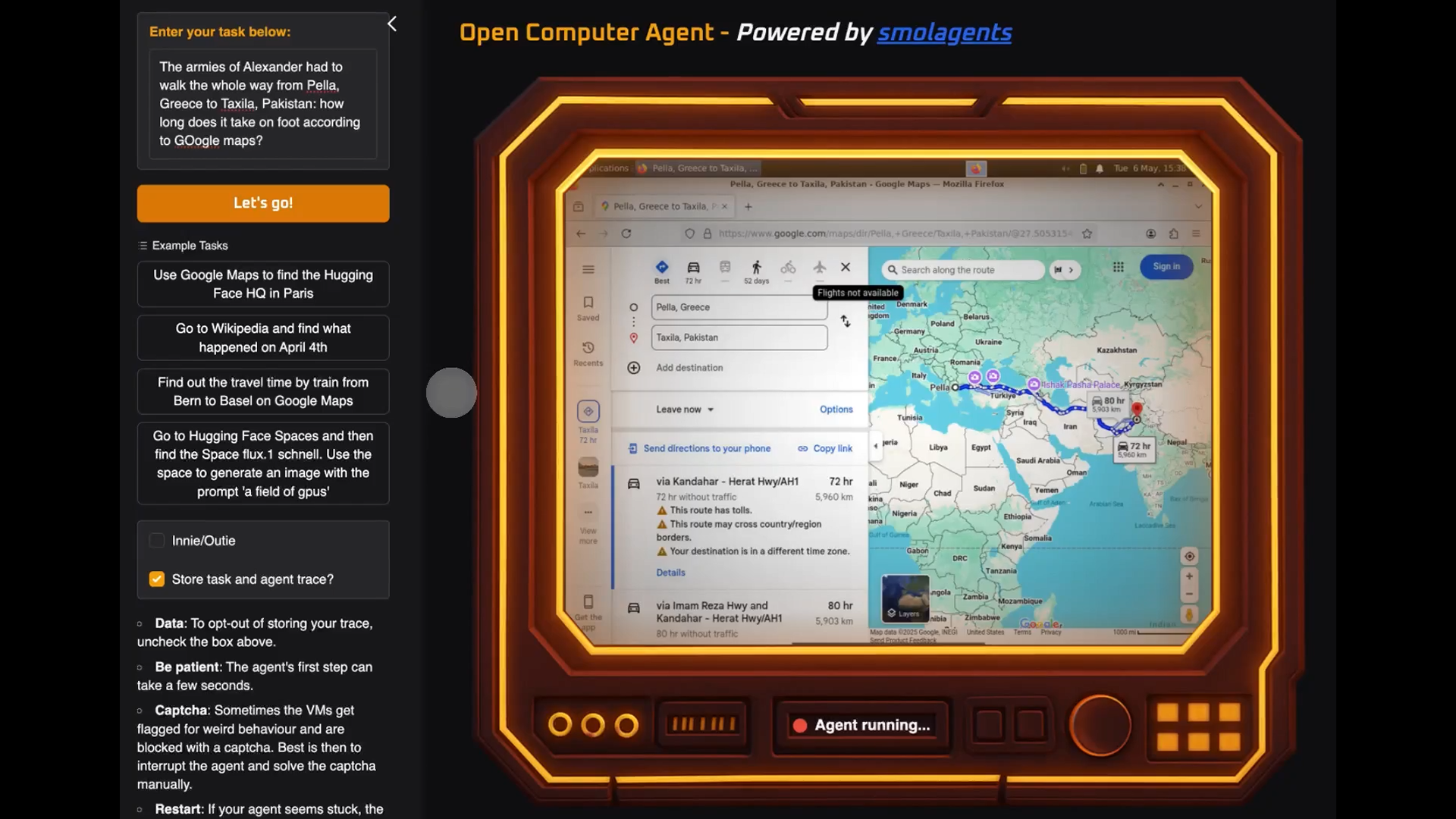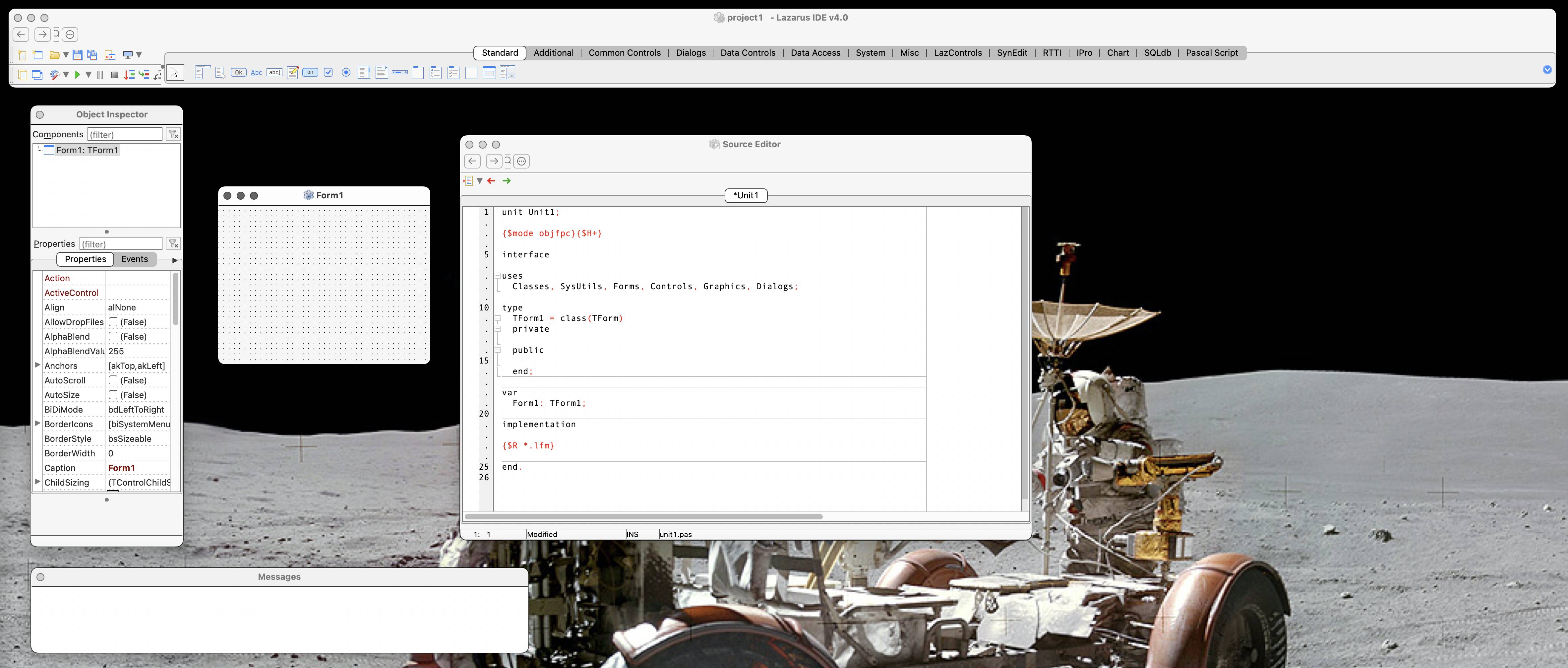Astro Isn’t Just Fast — It’s a Whole New Way to Build the Web
⚡ TL;DR — Astro is not just another JavaScript framework. It's an HTML-first, performance-obsessed platform that’s taking over where React might not be the best fit anymore. The Problem with the “All-JS” Mentality Over the last decade, frameworks like React and Vue have brought amazing innovation to front-end development. But they also introduced JavaScript overload. Even simple pages, like blogs or documentation, often ship hundreds of kilobytes of JavaScript unnecessarily. That means: Slower first contentful paint (FCP) Poorer SEO Lower Lighthouse scores More complex builds and deploys Enter Astro: A Fresh Take on Front-End Astro flips this model. It delivers zero JavaScript by default, renders static HTML at build time, and hydrates only the parts that need interactivity. ⚙️ What Makes Astro Different? Partial Hydration: Only interactive components ship JS. Framework Agnostic: Mix React, Vue, Svelte, and even Markdown. Instant Page Loads: Perfect Lighthouse scores, low Time-to-Interactive. Better SEO: Static content = crawlable, indexable, fast. ✨ Ideal Use Cases for Astro: Blogs & content sites Marketing and landing pages Developer documentation Any site that needs to rank well on Google Real Performance Gains Astro-based sites often load 3–5x faster than their React counterparts. That’s not marketing hype—it’s the result of reducing JavaScript and focusing on rendering HTML. Want to dive deeper into how Astro compares to React? I broke it down in a full guide over on my blog:

⚡ TL;DR — Astro is not just another JavaScript framework. It's an HTML-first, performance-obsessed platform that’s taking over where React might not be the best fit anymore.
The Problem with the “All-JS” Mentality
Over the last decade, frameworks like React and Vue have brought amazing innovation to front-end development. But they also introduced JavaScript overload.
Even simple pages, like blogs or documentation, often ship hundreds of kilobytes of JavaScript unnecessarily. That means:
- Slower first contentful paint (FCP)
- Poorer SEO
- Lower Lighthouse scores
- More complex builds and deploys
Enter Astro: A Fresh Take on Front-End
Astro flips this model. It delivers zero JavaScript by default, renders static HTML at build time, and hydrates only the parts that need interactivity.
⚙️ What Makes Astro Different?
- Partial Hydration: Only interactive components ship JS.
- Framework Agnostic: Mix React, Vue, Svelte, and even Markdown.
- Instant Page Loads: Perfect Lighthouse scores, low Time-to-Interactive.
- Better SEO: Static content = crawlable, indexable, fast.
✨ Ideal Use Cases for Astro:
- Blogs & content sites
- Marketing and landing pages
- Developer documentation
- Any site that needs to rank well on Google
Real Performance Gains
Astro-based sites often load 3–5x faster than their React counterparts. That’s not marketing hype—it’s the result of reducing JavaScript and focusing on rendering HTML.
Want to dive deeper into how Astro compares to React? I broke it down in a full guide over on my blog:











































































































































































![[The AI Show Episode 146]: Rise of “AI-First” Companies, AI Job Disruption, GPT-4o Update Gets Rolled Back, How Big Consulting Firms Use AI, and Meta AI App](https://www.marketingaiinstitute.com/hubfs/ep%20146%20cover.png)































































































































![Ditching a Microsoft Job to Enter Startup Hell with Lonewolf Engineer Sam Crombie [Podcast #171]](https://cdn.hashnode.com/res/hashnode/image/upload/v1746753508177/0cd57f66-fdb0-4972-b285-1443a7db39fc.png?#)



























































.jpg?width=1920&height=1920&fit=bounds&quality=70&format=jpg&auto=webp#)




















































-Nintendo-Switch-2-Hands-On-Preview-Mario-Kart-World-Impressions-&-More!-00-10-30.png?width=1920&height=1920&fit=bounds&quality=70&format=jpg&auto=webp#)










































































































-xl.jpg)





























![New iPad 11 (A16) On Sale for Just $277.78! [Lowest Price Ever]](https://www.iclarified.com/images/news/97273/97273/97273-640.jpg)

![Apple Foldable iPhone to Feature New Display Tech, 19% Thinner Panel [Rumor]](https://www.iclarified.com/images/news/97271/97271/97271-640.jpg)







































































![[Weekly funding roundup May 3-9] VC inflow into Indian startups touches new high](https://images.yourstory.com/cs/2/220356402d6d11e9aa979329348d4c3e/WeeklyFundingRoundupNewLogo1-1739546168054.jpg)




























